Unbeknownst to me, when we published a story last month about Medellín’s food truck scene, truck owners were being given a hard time for parking on the dead-end access road behind Ciudad del Río.
They have since been allowed to park a block away on the same road, however, the friction raised the question of whether the city has any regulations in place to govern this new and growing business.
I invited Karla Bolivar, owner of A que te KB una arepa, to shed some light on what it’s like to open and run a food truck in Medellín.
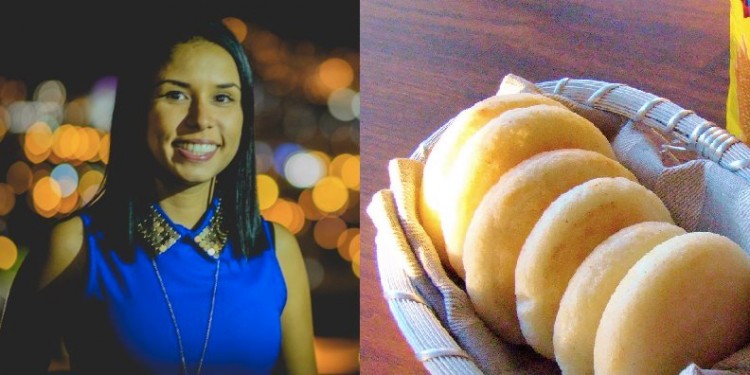
What’s your professional background and what inspired you to start a food truck business?
I have a Master’s Degree in Finance from Universidad de Medellín. My technical knowledge in finance is enriched by my experience in industries such as Public Relations, Logistics, Telecommunications, Software, and Information Technology & Services.
I had dabbled with the idea of running my own business for some time, but was unsure of how to translate the idea into a reality. One night I was watching TV at home, and I came across an episode of “The Great Food Truck Race.”
That evening I felt a light bulb go off. I’d found what I wanted to do.
Why did you choose Venezuelan arepas as your niche?
I am Venezuelan! I love my food, I know my culture, it’s my comfort zone. I want to show Paisas how good our food is. It also gives me a fun and beautiful way to feel close to my roots.
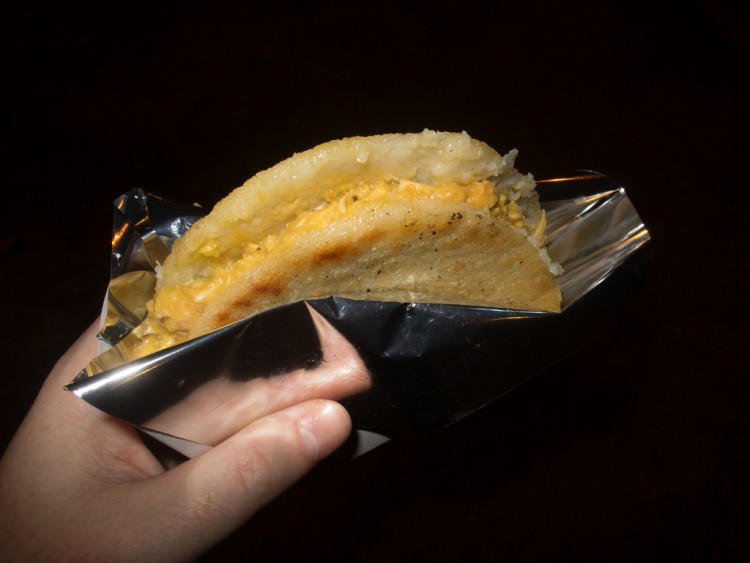
What’s your favorite part about running a food truck?
It gives my life balance! This project has helped me become a business owner, comprehend the many challenges one faces at the other side of the desk and grasp life from a different perspective.
I love the customer relationship; I am very talkative and to know new people every night is one of my favorite parts!
I love the food truck culture, and the experiences it’s letting me live, it’s a dream come true!
What’s the most challenging aspect of operating a food truck in Medellín?
Running a successful food truck is tougher than how “The Great Food Truck Race” makes it appear (giggle).
You must plan and prepare everything the same way a fine dining establishment does, including: conceptualize, menu planning, grocery shopping, prepping, among other things.
And then there’s the added challenge of introducing the food truck concept to the people of Medellín. It is new for paisas, but they are rapidly discovering, and falling in love with this new concept.
Where can customers typically find your truck and when?
We usually park behind the MAMM (Museo de Arte Moderno de Medellín) from 07 p.m. until 10 p.m. on Thursday and Friday night. During the weekends, we show up early. You can see details on our Facebook page.
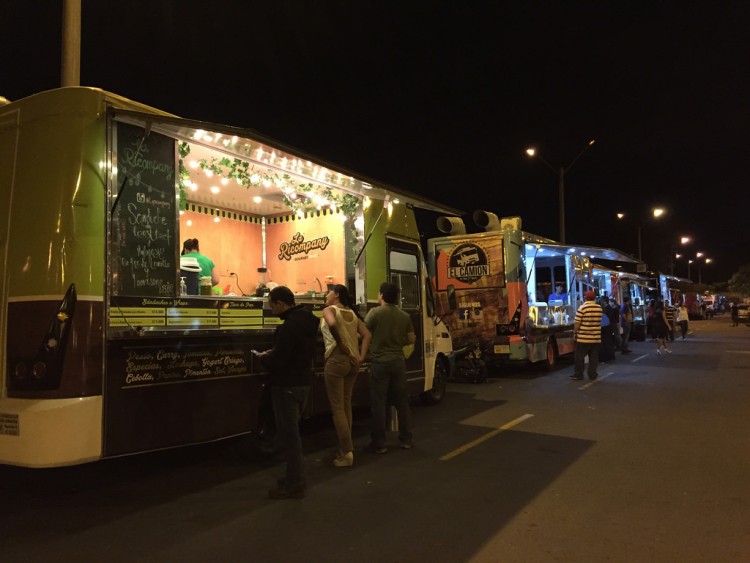
Describe the sense of community among Medellín’s food truck owners.
It is incredible, we already have an association, Asociación de Food Trucks de Medellín (Instagram), we are close to 30 food trucks. We mutually support each other and lend a hand when the opportunity calls.
All of the food truck owners are young, creative entrepreneurs and are actively discovering that Colombia is full of business opportunities. We believe we will continue growing up in this business.
Food trucks are new to Medellín, seeing as how they only took off in 2014. Does the city have regulations in place to govern them yet?
No, and it’s a shame. We have been actively seeking to regulate and establish laws that would allow us to work freely, and been trying to get help from the Mayoralty since last year with little to no success.
This business model is totally new in Colombia, and the entities that we have visited like (Movilidad Medellín, Espacio Público, Bomberos de Medellín, Alcaldía) have no idea about the business model, who regulates it, or even which laws apply to our business model.
We have appeared in several newspapers asking to be heard, but there has been no response, and there seem to be no interest from the government officials to officialize our mobile establishments.
I’ve noticed only a few of the trucks offer alcoholic beverages. Why’s that?
You need an exclusive license to sell liqueur in your business, this license is hard to obtain, and more so if you are a street business. At the end of the day, it comes down to the same problem explained above.
However, some food trucks have restaurants in the city, so it easier for them to obtain this permission.
What, if any, are the challenges being faced by the food truck owners in Medellín?
The regulations, the proper permissions to work. Bogotá has the same issues, and with almost 60 food trucks, they are facing the same challenges and problems we in Medellín face, with entities like Road Police, Public Space, and the Police.
We are not fashion; we are a new way of offering high-quality cuisine on the streets.
Based on your experience so far, what’s the #1 piece of advice you have for someone thinking about opening a food truck here?
Opening a food truck is nothing similar to the movie CHEF. There are many success stories, but not everyone succeeds. Running a food truck involves extremely long hours of hard work and patience.
If you want to open a food truck because you think this business has become the next get-rich-quick business model, well you are better off playing the lottery.
Food trucks can be a successful business, and provide financial benefits, but it is not a money-making machine. It runs like any other business, with fixed costs and many challenges.
You can enjoy it if you like to cook, work hard and feel passionate about it, and I guess it comes down to how you measure success. If you’re up for the challenge, then, do it!
This interview was edited for clarity.

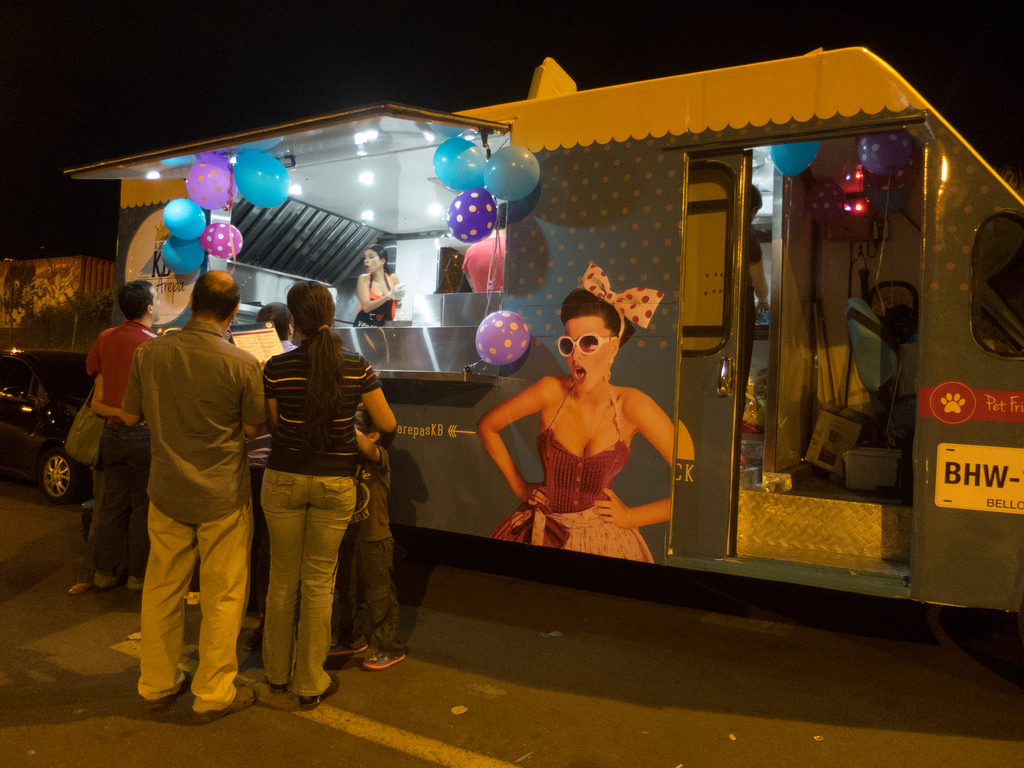

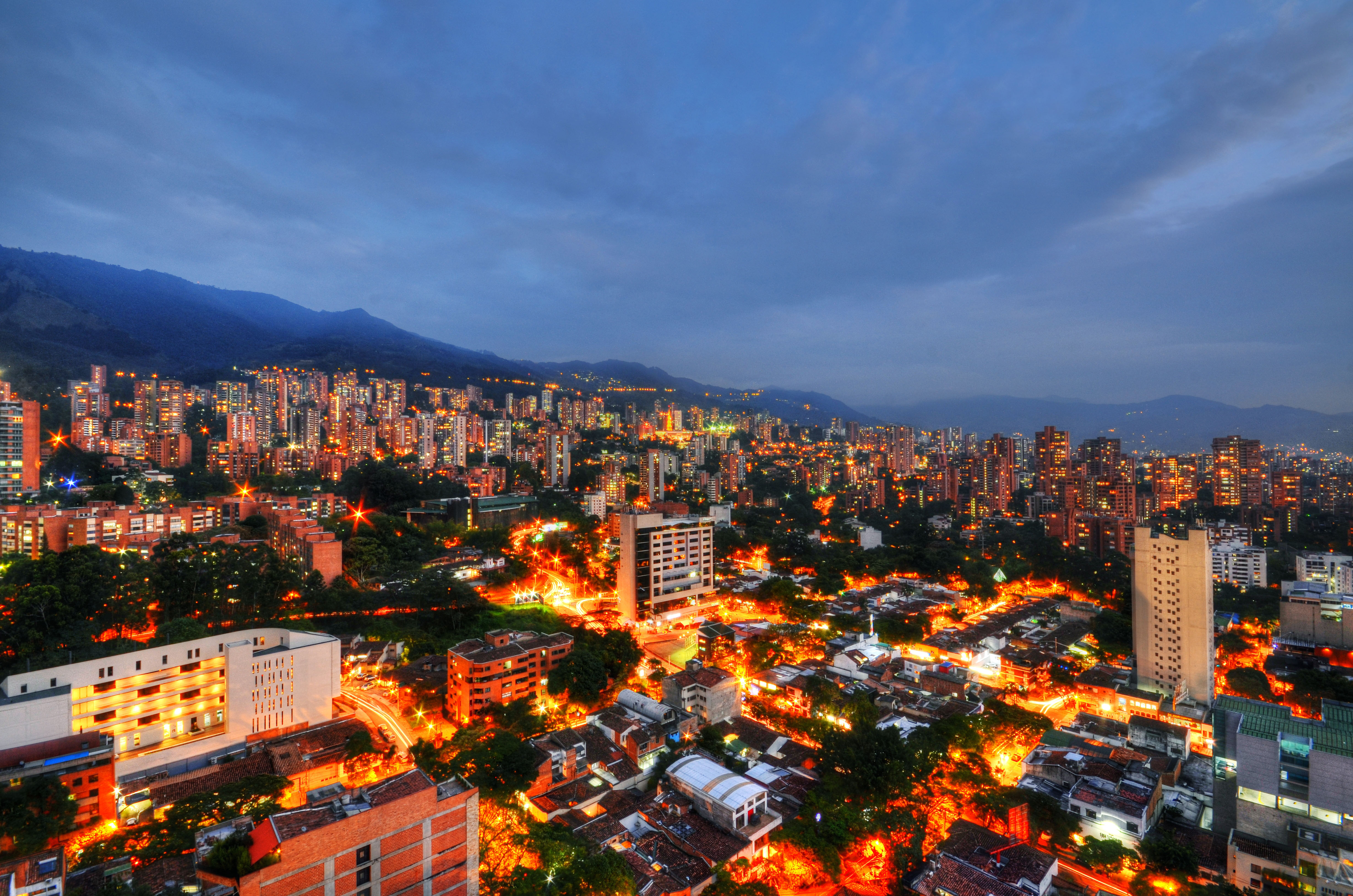








Thanks for this interview Dave – very interesting to hear some words of wisdom directly from somebody who has the experience!
Tom
Glad you enjoyed it.
As a New Yorker, one of things i was hoping to find in Medellin were food trucks. Me and my girlfriend actually spoke about this the other as we passed by a HELADOS CON BOTAS truck. Im glad i found this post and blog. Most certainly going pay the museum a visit and try those arepas. Keep these great and insightful articles coming!!